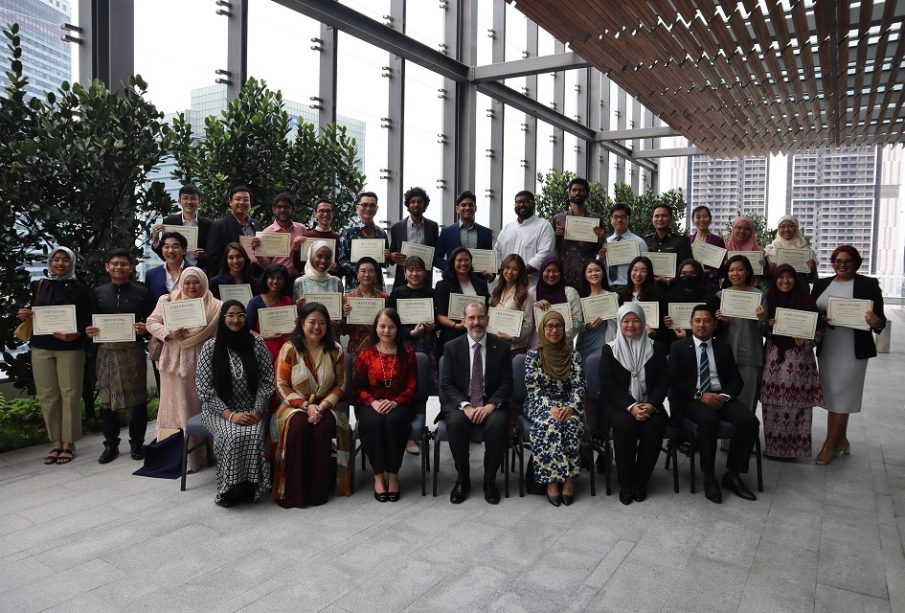The Impact of Chevening Scholarships on International Education

Introduction
The Chevening Scholarship Programme is a prestigious initiative funded by the UK government, aimed at attracting outstanding international students to study in the United Kingdom. Established in 1983, it offers fellowships and scholarships in various fields such as politics, business, and technology. With over 50,000 alumni across the globe, the programme not only contributes to personal educational growth but also fosters international cooperation and development. In 2023, the programme has gained renewed attention as more students seek quality education overseas amidst a constantly evolving global landscape.
Details of the Chevening Programme
The Chevening Scholarships provide recipients with opportunities to undertake postgraduate studies at any UK university, covering tuition fees, accommodation costs, and a monthly stipend for living expenses. The programme is notably selective, with the UK Foreign, Commonwealth & Development Office reviewing thousands of applications to select individuals who demonstrate academic excellence and leadership potential.
In the academic year ending in 2022, approximately 1,500 new scholars were awarded scholarships, hailing from more than 160 countries. This year’s application cycle, which began in August, saw a significant increase in interest, likely bolstered by the UK’s commitment to welcoming international students and its aim to strengthen educational diplomacy. The application deadline is set for November 2023, and the competition is expected to be fiercer than ever.
Events and Updates
Recently, several events have showcased the success stories of Chevening alumni, highlighting their contributions to their home countries after studying in the UK. Alumni engage in various sectors including policy-making, technology, and non-profits, indicating the programme’s far-reaching impact. For instance, a recent seminar in London featured testimonials from former scholars, sharing their journeys and how the scholarship shaped their careers.
Furthermore, UK universities have begun hosting informational sessions to reach potential applicants, especially in regions with historically lower representation among scholars. The British Council is also strategically involved, facilitating partnerships between UK institutions and prospective students.
Conclusion
The Chevening Scholarship Programme stands out not only as a significant educational opportunity but also as a vital tool for fostering international relationships. With increasing applications and a growing alumni network, it plays an essential role in shaping global leaders equipped to tackle contemporary challenges. As the world continues to face pressing issues, the importance of such programmes cannot be overstated, promising a brighter future for both the scholars and the communities they serve. This trend of international educational exchanges may influence policies on global education accessibility and international collaboration in the years to come.









